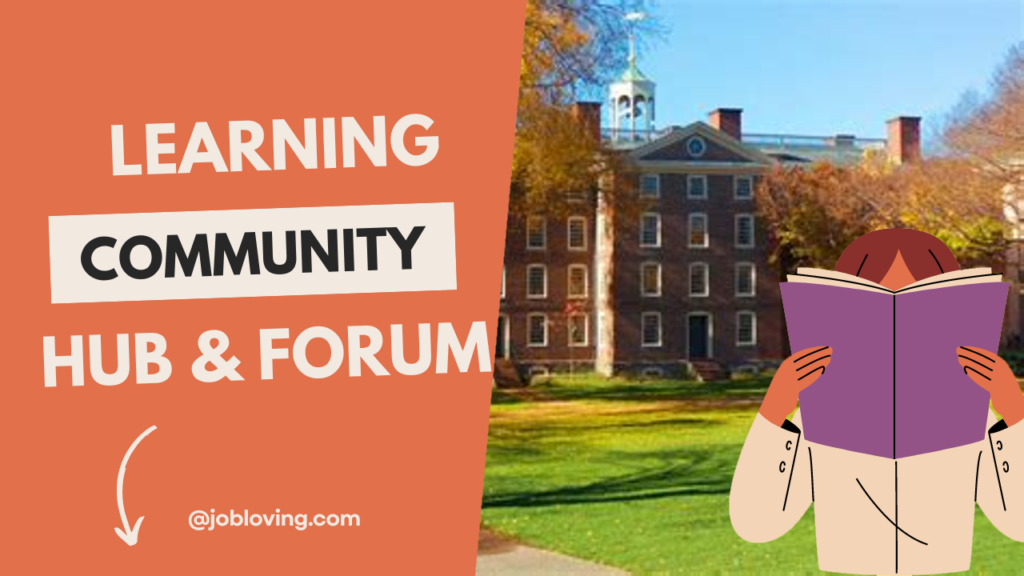Ever wondered just how prestigious Brown University really is? If you’re looking into the Ivy League landscape or considering where to apply, this might just be the golden nugget of information you need to hold on to!
The Short Answer: Brown University ranks #9 among 439 National Universities!
That’s right! Brown University has snagged a commendable position in the education hierarchy, cementing its status as a top-tier institution. This ranking reflects its outstanding performance in various indicators of excellence that are recognized nationwide, such as academic reputation, graduation rates, and faculty resources.
Now, what’s behind this enviable ranking? It all boils down to factors like rigorous academic standards, a diverse range of programs, and exceptional research output. Brown’s unique open curriculum allows students to explore their passions without being shackled by core requirements, emphasizing intellectual freedom and creativity. Pair that with their vibrant campus culture and an impressive network of alumni, and it’s easy to see why they shine so brightly in the academic cosmos.
So, whether you’re a prospective student, a curious parent, or just someone with a knack for trivia, Brown’s elite standing is certainly worthy of celebration—and study! If you want to dive deeper into the world of elite universities or have questions about the application process, you’re in luck. Join the JobLoving community for more resources and knowledge nuggets, or feel free to ask any burning questions you may have! We’re here to help!
Key takeaways about How elite is Brown University?
Admissions Selectivity and Prestige
- Brown University had a third lowest acceptance rate in 2000, tied with Yale University.
- Demand for Brown fluctuates yearly, influenced by perceptions inside and outside the university ecosystem.
- Brown’s prestige falls after the top three Ivy League schools, becoming more subjective in ranking.
- International rankings often overlook Brown due to “Ivy Fatigue,” despite its strong academic reputation.
- The ability to create a personalized curriculum enhances Brown’s prestige and appeal among applicants.
Cultural Identity and Student Experience
- Brown’s activist vibe attracts certain students while potentially repelling others seeking a traditional experience.
- The university is not regarded as a party school, focusing on academic excellence instead.
- Perceptions of elite status can vary significantly based on individual experiences and demographic factors.
- The university’s culture encourages activism and social engagement, appealing to socially conscious students.
Academic Rigor and Curriculum Structure
- The Open Curriculum at Brown offers flexibility, promoting creativity but risks neglecting essential subjects.
- Many graduate programs at Brown excel, though specific field knowledge is crucial for evaluation.
- Brown’s reputation may not always align with its actual academic quality, creating misconceptions.
- The university’s unique approach to education fosters independence and self-directed learning among students.
Networking and Reputation in Elite Circles
- Brown is well-respected in elite circles, particularly in Boston and New York, enhancing its status.
- Graduates from Brown are generally viewed positively, but individual evaluations depend on specific fields.
- Brown’s partnership with RISD enriches artistic opportunities, attracting students with creative aspirations.

